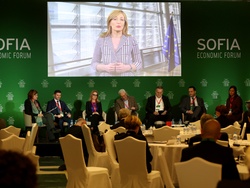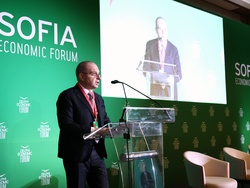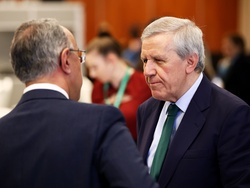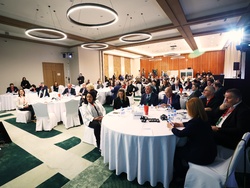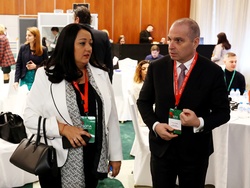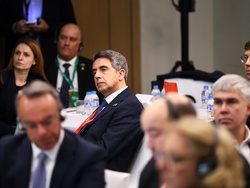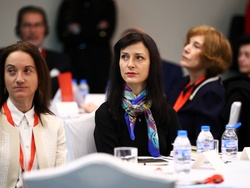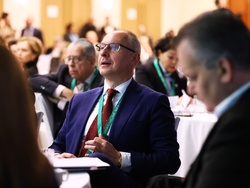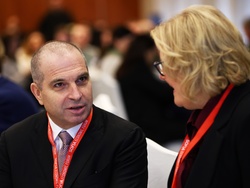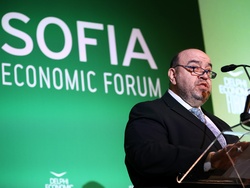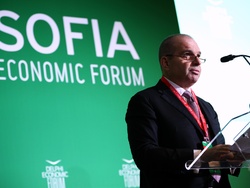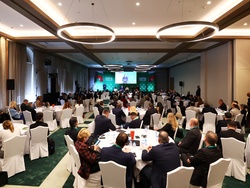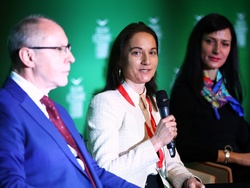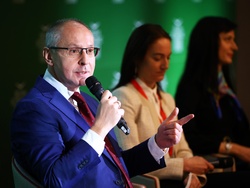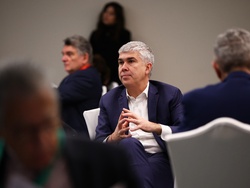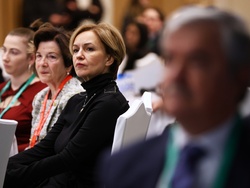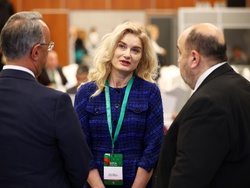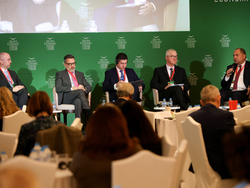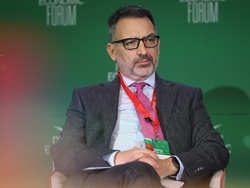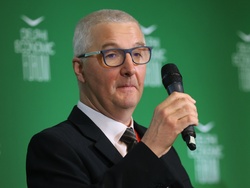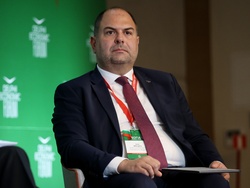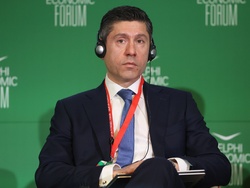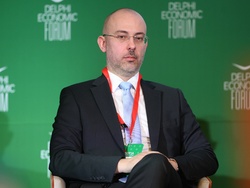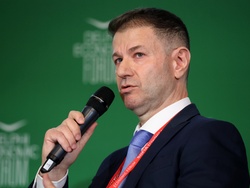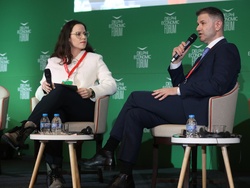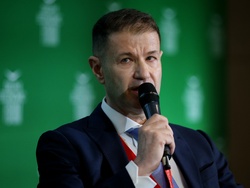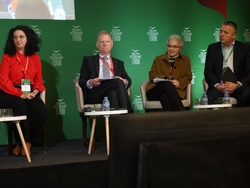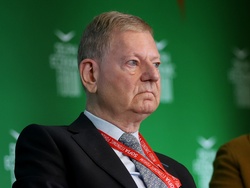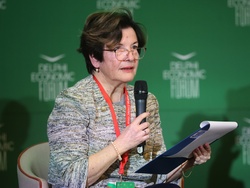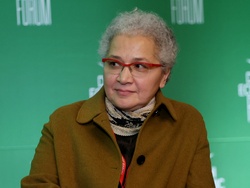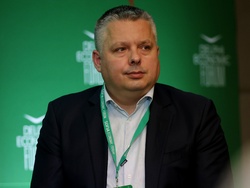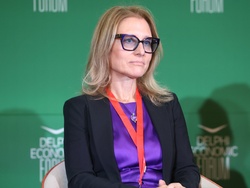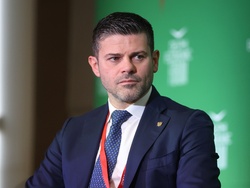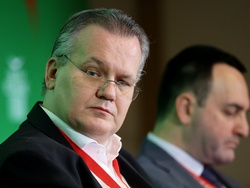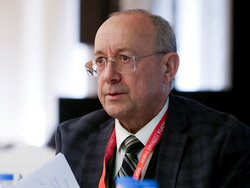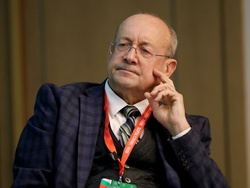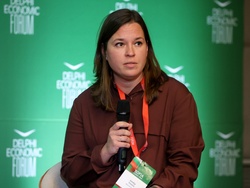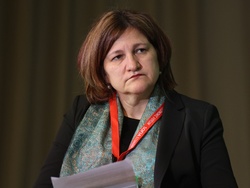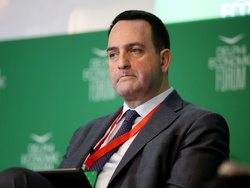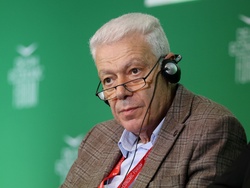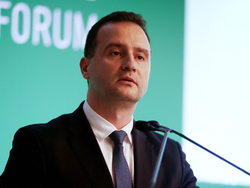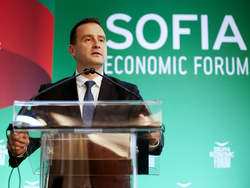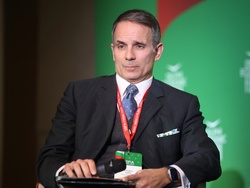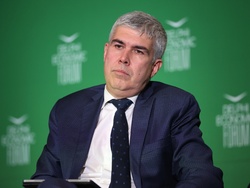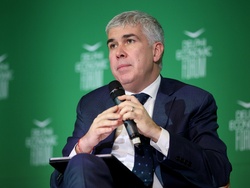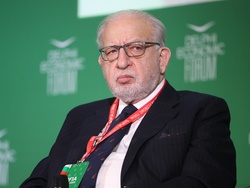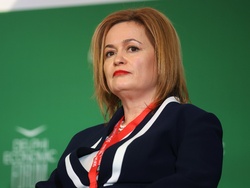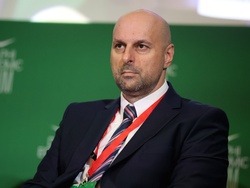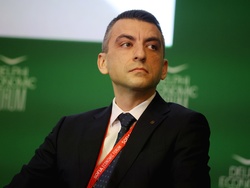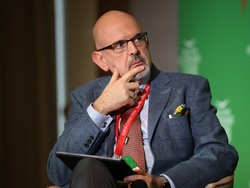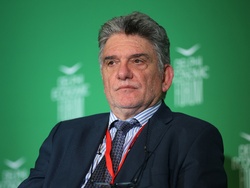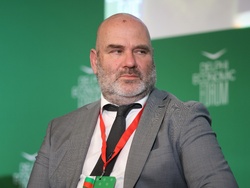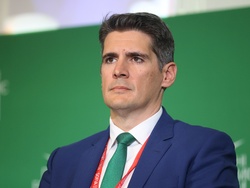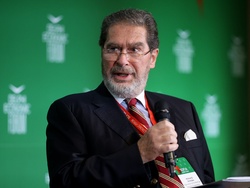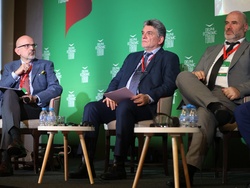site.btaExperts Discuss Challenges, Opportunities for Enhancing Bulgarian Economic Competitiveness During Fifth Edition of Sofia Economic Forum
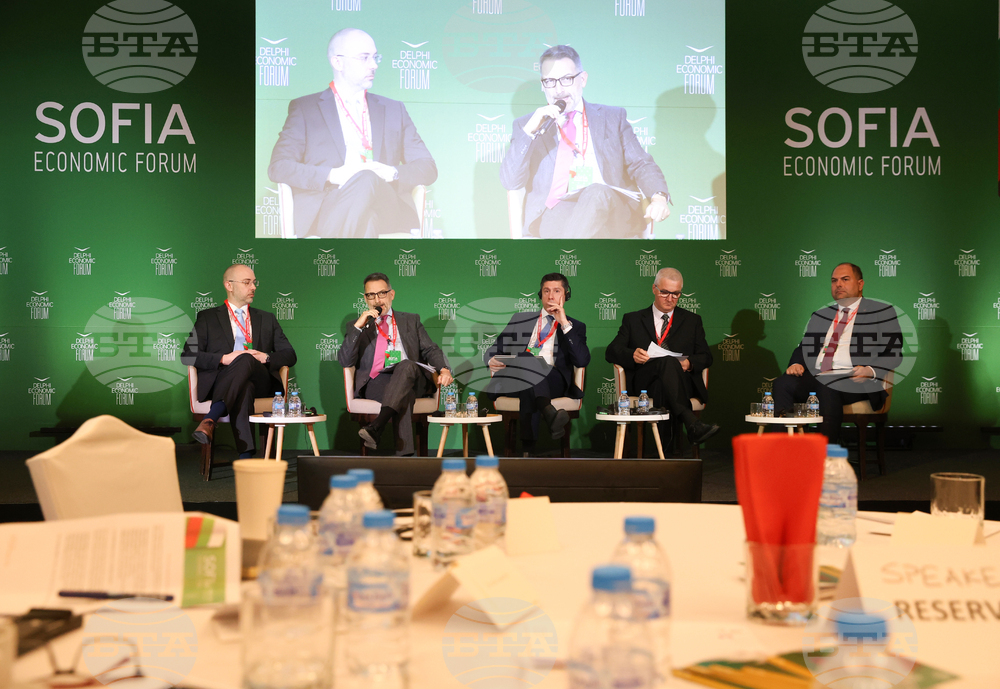

Experts from different fields discussed the challenges and opportunities for enhancing Bulgaria's economic compretitiveness during the fifth edition of the Sofia Economic Forum, which is taking place in Sofia Monday.
Emil Angelov, CEO and Deputy Chairman of the Board of Directors of Glavbolgarstroy Holding AD, noted that the economy is involved in every process and Bulgaria's competitiveness is measured in different ways, which unfortunately show a downward trend. According to him, political stability is a basic condition for "unlocking" competitiveness and in the presence of a regular government one can expect the necessary decisions supported by significant investments in infrastructure. He stressed that fiscal discipline is directly linked to political stability and is key for Bulgaria's accession into the euro area.
Ivan Mihaylov, CEO of the American Chamber of Commerce in Bulgaria (AmCham), believes that Bulgaria needs "its Draghi report". The "Draghi" report, prepared by former European Central Bank President Mario Draghi, offers strategic recommendations to strengthen the sustainability and competitiveness of the European economy through key structural reforms and targeted investments. Mihaylov added that competitiveness depends on a number of factors, including political stability, predictability of the economic environment, rule of law and low levels of corruption. He said that basic connectivity in digital, physical and energy aspects is of utmost importance and that industrialization must take into account the new reality of labour and energy costs. Mihaylov added that regional imbalances need to be addressed, education reforms tailored to the needs of business, and industrialization needs to be strengthened for greater competitiveness.
Anastasios Anastasatos, chief economist of the Eurobank group, said that Bulgaria's macroeconomic indicators are good, adding that the country is demonstrating stable economic growth, low debt levels and stable deficits. Anastasatos's expectations are of annual growth of 2-3%, driven mainly by investment and exports, which he said was a sign of a more balanced economic model. Anastasatos noted that demographic challenges are significant and stressed the need to create an attractive investment environment to retain and attract labour. He stressed that for sustainable economic growth Bulgaria needs to implement structural reforms, improve the tax system and strengthen the pension system, while remaining competitive after joining the euro area.
Sergey Vlaykov, Senior Financial Director at Sofia Med, expressed concerns about the declining and ageing population, which limits the industrial capacities. He stressed the necessity to improve vocational education and attract skilled workers, including through labour imports, but also pointed to administrative obstacles to this process. Vlaykov highlighted the challenges related to fluctuations in energy prices and the lack of compensatory mechanisms for businesses. He added that industrialization and investment are key, with the state playing an important role in providing conditions for economic development.
/RY/
Additional
news.modal.image.header
news.modal.image.text
news.modal.download.header
news.modal.download.text
news.modal.header
news.modal.text
